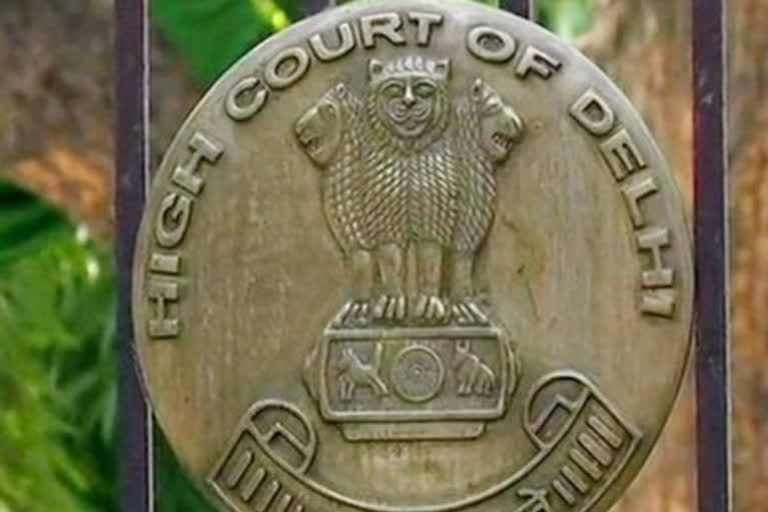New Delhi: The Delhi High Court Monday dismissed a petition which alleged a “disproportionate” number of admissions of students from Kerala state board in Delhi University, saying fixing of cut-offs was a matter of the university's admission policy.
Justice Prateek Jalan said that matters of academic policy were best left to the university and the court would be slow in interfering with the same.
The court was hearing a petition by a DU-aspirant seeking a “scaling mechanism” for marks scored by students from different boards in order to provide a level playing field,
“To me, it is entirely a matter of policy. How do we say what should be fixed as a cut-off? How do we say so-and-so board marks have been higher and so-and-so have been lower?... I don't think a court can get into this based on this kind is reverse engineering,” the judge said.
“We are of the view that the grievance of the petitioner is incapable of adjudication and is best left to the policy decision of the university,” the court further said.
The petitioner argued that in spite of securing over 98 per cent in class 12, she was unable to score admission in her preferred course and college.
“Take the cookie as it crumbles. We have to accept that. There is no reason to feel disheartened... You will get admission. There are great colleges and universities all over India,” the judge told the petitioner Gunisha Aggarwal who was present during the hearing conducted through video conferencing.
Lawyers Vipul Ganda and Annirudh Sharma, representing the petitioner, claimed that 49 per cent of students who got admission in the first cut-off list belonged to the Kerala state board as opposed to 13.6 per cent and 14.80 per cent from CBSE and ISC, respectively.
The counsel added that 27 per cent of successful candidates in the first cut-off were from the Rajasthan state board.
For the Kerala board, both class 11 and class 12 marks are being considered which is leading to a disproportionate number of admissions from there, counsel for the petitioner stated.
"It has come to the knowledge of the petitioner that the maximum number of 100 per cent marks have been awarded by the Kerala State Examination Board and a total of 6000 students from the Kerala State Board have scored 100 per cent marks. Similarly, other state Boards have adopted their own mechanism to award marks to students," the petition said.
“I am at the disadvantage as I am from CBSE... Suddenly this year the students of other boards have become brighter,” the counsel submitted.
The court noted that not only was the scheme of marking for CBSE approved by the Supreme Court earlier this year on account of the pandemic, the petitioner filed the petition after participating in the admission process.
“The fact that certain state boards may have evolved a different manner of assessment leading to some variation in the average marks does not (make the admission process) manifestly arbitrary so as to require interference,” the court said.
“The judgements of the Supreme Court make it clear that in matters of academic policy, a writ court is slow to interfere,” it clarified.
Delhi university counsel M Rupal stated that that the university cannot assess “which board has been liberal” as part of its admission process.
“If more students (of a certain board) score more marks, being a central university, we can't deprive them,” he added.
In her petition, the petitioner prayed for a direction to quash DU's policy of treating marks awarded by all different boards at par, saying that the present regime does not provide a “level playing field”.
PTI



